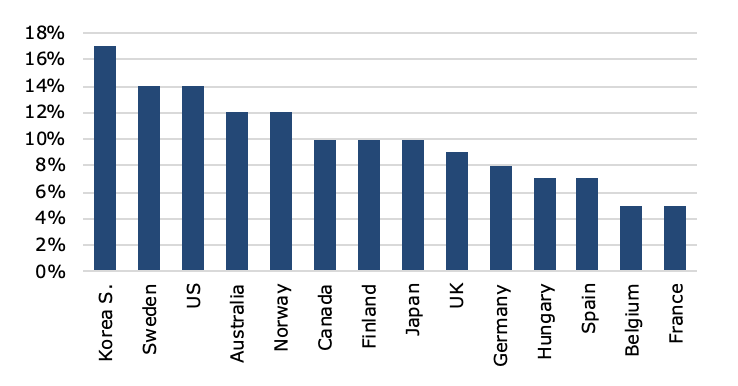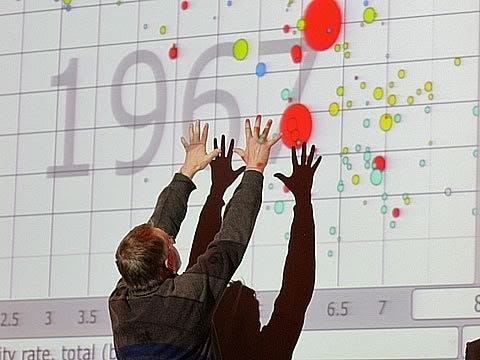I am not a Grumbletonian
When I look at my blog posts recently, I am starting to worry that people think I might have become a grumbletonian (yes, Boris Johnson, I have big words, too).

Yesterday, for example, I wrote about how people blame immigrants for their job insecurity even though they have been informed that it is automatization that cost them their jobs. And don’t get me started about the state of US and UK politics. It would be funny if it wasn’t so sad to see two of the greatest nations on Earth in a race to the bottom.
In these trying times, it is worth reminding ourselves of all the progress we have made and how good we have it today. And the best way to do that is to take the Gapminder Test. Gapminder was founded by the legendary Hans Rosling, grandmaster of presentations and bearer of good news. If you don’t know who Hans Rosling is, then watch this TED talk or indeed any of his presentations available on Youtube:
Hans Rosling developed the annual Gapminder Test and it is now continued by his son Ola. Every year, the test presents around 12 questions on the state of the global economy and society overall. Each question is a multiple-choice question with three possible answers, so a monkey who answers the questions at random should get about 4 answers right, on average.
Then why is it that of the respondents about 80% get less than four questions right each year, i.e. they perform worse than monkeys? In fact, only about 5% to 15% of human respondents are better than monkeys.
Share of respondents that are better than chance in answering the Gapminder Test

Source: Gapminder.
What this shows is not that we are worse than monkeys (though there might be an argument to be made) but that we have pre-conceived notions about the world that are either outdated or excessively pessimistic.
Here are some sample questions from the 2017 test:
Over the last 20 years, the proportion of the world population living in extreme poverty has…? (Answer: Almost halved).
Worldwide, 30-year old men have spent 10 years in school, on average. How many years have women of the same age spent in school? (Answer: 9 years).
I am not going to go into more details but urge you to take the test yourself. You will be amazed how often you are wrong about the world. And when you look at the correct answers in the end, you will hopefully come to the same conclusion as I did: The world is a great place to live in and in a much better state than when I was a child.



